Objective of the program
The main objective of this project is to enhance institutional and local adaptive capacities to climate change and extreme climate events through enhanced access to climate data and information, improved skills for short and long-term adaptation planning processes in the water sector based on downscaled climate information and demonstrated benefits from Ecosystem-based Adaptation (EbA) measures.

Key data
- Budget: USD 1,999,981
- Executing Entity: Fundación Natura under the lead of the Ministry of Environment of Panama and the United Nations Environment Program
- Beneficiaries: Not specified
- Fund: Euroclima+
- Project Sites: Ten (10) watersheds are prioritized: 1. Chiriqui, 2. Chiriqui Viejo, 3. Santa Maria, 4. Tonosi, 5. La villa, 6. Rio Grande, 7. Tabasará, 8. Parita, 9. Rio Grande, 10. Chucunaque.
- Timeframe: 2023-2025
Description
The project adopts a watershed management approach to facilitate the transition of the water sector towards a climate resilient development pathway. In particular, the project will enhance the enabling environment for effective adaptation planning in the water sector by (1) improving the availability and usage of climate change and biodiversity information at the watershed level, (2) strengthening capacities for adaptation processes of actors involved in watershed management, (3) implementing demonstrative Ecosystem-based Adaptation (EbA) measures in pilot watersheds and (4) communicating for awareness raising and lessons learned sharing.
The project will enhance processes of collection of Hydro Met information and strengthen access to accurate climate data at the watershed level. The use of innovative tools will provide indicators for monitoring the impacts of climate change and facilitate risk reduction and effective adaptation.
The project promotes the Ecosystem-based Adaptation (EbA) approach as a cost-effective way to reduce climate change vulnerability while providing multiple co-benefits to communities by protecting, maintaining, and rehabilitating ecosystems. The pilot EbA interventions implemented by the project will aim to demonstrate such benefits and evidence to inform adaptation planning and explore upscaling strategies.
Additionally, adaptation planning processes will be enhanced by strengthening the technical capacities of key stakeholders from the water sector and the development of decision support tools, which will integrate climate information and EbA as a key dimension for planning at the watershed scale.


